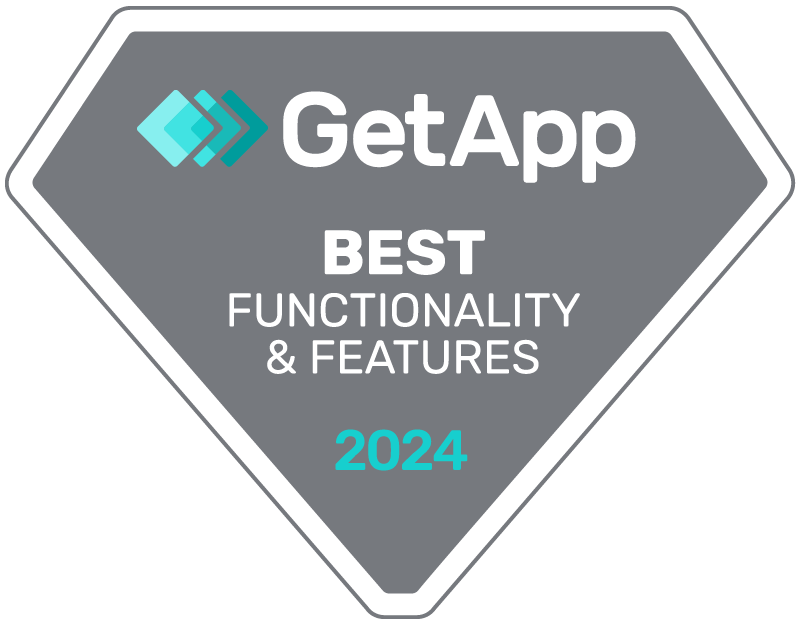Are you pushing or pulling feedback?

I’d like to invite you to join me in a thought experiment: Please think of a person you really enjoy having conversations with, the kind of person whose opinion you value when test driving new ideas or pondering an important decision, or that you would call when you’re in deep trouble.
Got someone, or perhaps several persons, in mind? Ok, let’s continue.
Just for the fun of it, imagine that the next time you get together, this person says they’d like to improve the quality of their relationship with you by giving you feedback on your strengths, areas for development, and suggestions for future actions. To be sure you know where you stand with them, they also give you a 1-5 ranking on how much they value you.
Anybody feeling two thumbs up to continue the conversation? If so, please let me know. I would be so curious to hear more…
If you are flabbergasted by the idea, then I encourage you to stay with that sensation a little longer, and ask yourself what got triggered. Is it that the very reason you trust this person to be your sounding board is your knowing they will not judge you?That what you appreciate is their ability to truly listen, rather than rush to give advice?
In this blog post I would like to explore the topics of amazing conversations, feedback, and conflict resolution, and share my observations on how we often get these three things mumbled up.
Kokeile Questback 14 päivää ilmaiseksi.
Amazing conversations
Amazing conversations is a deliberate choice of words for the type of dialogue I was aiming to bring up in your mind with my initial questions: conversations where we as human beings help each other tap into our resourcefulness and infinite ability to learn, innovate and grow through the ups and downs of life.
My instinct is that you don’t even need the science of interpersonal neurobiology to prove what you already know: That a pre-requisite for such conversations is trust. Trust that the other person values us as the unique individual that we are, cares for our wellbeing, and genuinely understands us.
Where science might surprise you, is in the finding that amazing conversations need not be a rarity: we are biologically built for them. We are born with the neurological hard- and software to take interest in each other’s welfare, feel each other’s feelings, think ourselves into each other’s perspective, and take joy in each other’s success. To quote Charles Darwin: We are the compassionate species. A product of not only the survival of the fittest, but the survival of the kindest.
The case I would like to make is that we could have a lot more amazing conversations in the workplace if we provided the conditions for this neurological technology to run without being hindered by bugs – bugs such as push feedback and evaluations.

Selvitä, mikä todella motivoi työntekijöitäsi, jotta voit kasvattaa tuottavuuttasi ja kannattavuuttasi.
Opi lisääPull, rather than push feedback
For deep insight and growth to take place, we need to look openly at reality in all its pain and glory. This makes us vulnerable. And we will only open up to this vulnerability if we feel secure that we will not be judged – that our value as a human being is not at stake. Any conversation where we are being evaluated and ranked, where feedback is pushed onto us, is therefore very unlikely to be an amazing conversation.
So where does feedback belong? How can we tap into the rich information that feedback offers us, without spoiling the opportunities for amazing conversations? I would like to suggest a shift from push to pull, from receiving to requesting.
Human beings are born with an intrinsic desire to learn and excel. Making progress in meaningful work is the single most important motivation booster – so let’s give full ownership of the feedback, including how, when, from whom to request it, and what to do with it, to the individual whose learning and progress it concerns!
To make this tangible, I’ll use myself as an example. As a coach and leadership program designer, I of course want feedback from every client, as well as from my colleagues. I crave this feedback in order to continuously improve, to know whether a new approach resonated, to find the opportunities for developing our offering.
What makes it easy and exciting to collect this feedback, and share it transparently with others, is that I know it will not be used against me. I have been trusted with my responsibilities, and that trust extends to trusting that if I muck up, I will do everything in my might to correct action and recover the situation – there is no need for someone else to ‘manage’ my underperformance. Especially since, whether things go splendidly or badly, I hardly deserve all the credit or all the blame.
I operate within a system, and any success or failure of mine is intimately connected to other parts of the system. In short, I constantly pull feedback and use it for forward action, rather than have it used on me for past evaluation. That forward action often involves amazing conversations with my co-workers, creatively exploring how I, and we as a system, can develop towards a better flow of work.
So what I suggest, is power to the people to manage our own development – including making use of technology for flexible access to feedback and other vital data, pulled by the person or team who wants to develop and innovate.
Over the years I have asked hundreds of training participants whether they agree that people tend to know their strengths and weaknesses, and hence reasonably can be trusted to take the driver’s seat in their own development. The response has been a resounding ‘yes, 99% of people know what they need to improve’. However, a concern keeps coming up: What about the 1% of people who are not self-aware, who do not care about their performance, nor about their negative impact on others?
Indeed, the few percent of people who don’t pull their weight, or treat others with lacking respect and fairness, draw our attention because they disproportionately bring down team morale and performance. But why make that a reason to subject the vast majority of employees to an evaluation processes that takes the trust out of conversations, and creates a cocktail of unintended side-effects? Why not build a culture that harnesses intrinsic motivation for growth and excellence – and deal with conflicts via a dedicated conflict management process?
Stand-alone conflict management
When human beings come together, conflicts tend to arise – usually not out of ill will, but due to differences in perspectives, interests and agendas, and sheer overwhelm. So let’s start with the premise that conflicts are a natural part of work, and that we need to agree on a practical way to handle them.
Rather than letting them fester until the next survey comes around where they can be anonymously addressed, let’s agree on how to deal with frustrations in the moment. An intriguing finding from Frederic Laloux’ research on self-managing organizations is that they all have clear and explicit processes for how to address and solve tensions (starting with one-on-one conversations between the involved parties, and gradually bringing in one or several mediators in subsequent steps if necessary).
In stark contrast, most traditional hierarchical companies lack explicit conflict management processes – seemingly placing the responsibility to resolve them with managers, or a separate HR function, rather than the individuals affected.
I suggest keeping conflict management separate from feedback collection, and honoring the need for it by training everybody in a safe process to address tensions – without playing political games and enlisting allies into complex webs of alliances while the trenches deepen. That way, conflict resolution may actually lead to amazing conversations where individuals widen their perspective and learn from each other, building a more resilient organization while they’re at it.
By sharing the connections I see between amazing conversations, pull feedback and stand-alone conflict resolution, I have only scratched the surface of the web of dynamics which these elements interlink with. So please, bring on the feedback! Let me hear your perspectives – I look forward to learning from you.
Helen Blässar works as an organization design and leadership coach at the NeuroLeadership Group, where she connects science and practice in service of human and organizational thriving.









